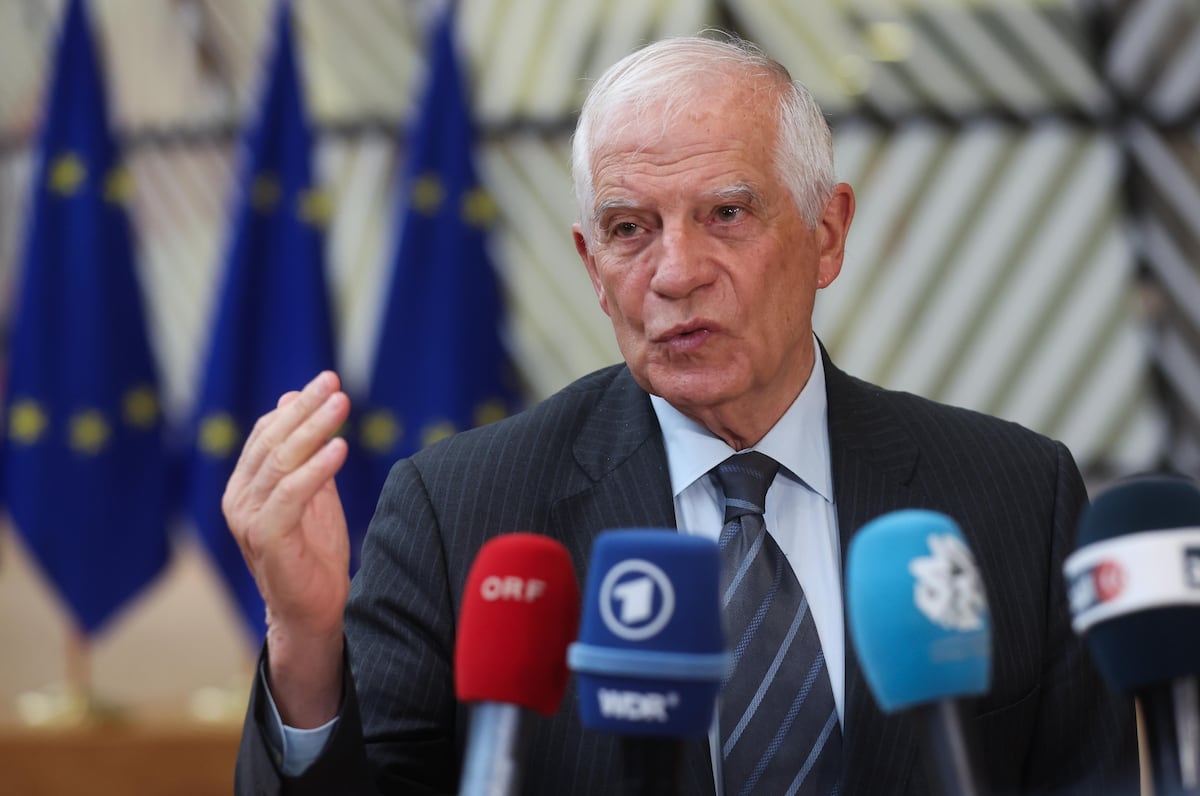International Outcry Over Israeli Bombing of Rafah Displaced Persons Camp
The Israeli bombing of a displaced persons camp in Rafah has resulted in the deaths of at least 45 individuals, sparking a wave of international condemnation. The attack, which came shortly after the UN International Court of Justice (ICJ) ordered Israel to halt military actions in the area, has drawn sharp criticism from global leaders and organizations.
Josep Borrell, the high representative of EU Foreign Policy, labeled the bombing as 'horrendous' and called for Israel to fully respect the ICJ's decision. Following a meeting with the foreign ministers of EU member states, Borrell emphasized that ICJ resolutions are binding for all United Nations members, including Israel. The 27 EU member states have agreed to summon Israel for a discussion regarding the Association Agreement, a significant diplomatic move led by Spain and Ireland since February.
The president of the European Council, Charles Michel, and French President Emmanuel Macron joined Borrell in condemning the attack. Michel highlighted the lack of safe zones for internally displaced people in Rafah and demanded an immediate ceasefire and adherence to international law. Macron, currently on an official trip to Berlin, also called for an end to the operations and insisted on full respect for international law.
German Foreign Minister Annalena Baerbock, who usually adopts a more restrained tone, expressed her concern over the situation, stating, 'This suffering cannot last one more day.' She underscored the binding nature of the ICJ's measures and called for them to be respected by all parties involved.
The meeting of EU foreign ministers also included discussions with ministers from Egypt, Qatar, Saudi Arabia, the United Arab Emirates, and Jordan, as well as the secretary of the Arab League, in a bid to find a peaceful resolution to the conflict. Despite the absence of Israeli Minister of Israeli Affairs Israel Katz, the consensus to convene the Association Council with Israel was seen as a significant diplomatic shift. Belgian Foreign Minister Hadja Lahbib highlighted the importance of analyzing compliance with the association agreement, stressing human rights obligations.
Amid increasing pressures, senior EU officials stood firm against verbal aggressions from Israeli Government members towards nations recognizing the Palestinian State. On the eve of Spain, Ireland, and Norway's recognition of the Palestinian State, these countries have urged the Israeli Government to respect international rulings and halt its military actions.
The IDF confirmed the attack on Rafah, stating it was aimed at 'significant Hamas terrorists' using precise intelligence. The incident, described as 'very serious,' has led to an investigation by the Israeli military. Egypt and Jordan have condemned the attack as a violation of international law and a 'heinous war crime.'
UN special rapporteur Francesca Albanese and other international figures have echoed these sentiments, calling for adherence to humanitarian and international law. The global discourse has underscored the need for immediate action and compliance with legal standards to prevent further loss of innocent lives.
- The International Court of Justice's ruling on military actions in Rafah is a landmark decision aimed at curtailing violence in the region. This judicial move highlights the increasing legal pressures on nations engaged in prolonged conflicts.
- Spain, Ireland, and Norway's recognition of the Palestinian State marks a significant step in international diplomacy, reflecting growing support for Palestinian sovereignty amid the ongoing conflict.
- The EU's decision to convene the Association Council with Israel indicates a shift towards holding Israel accountable for its actions and ensuring compliance with international agreements and resolutions.






